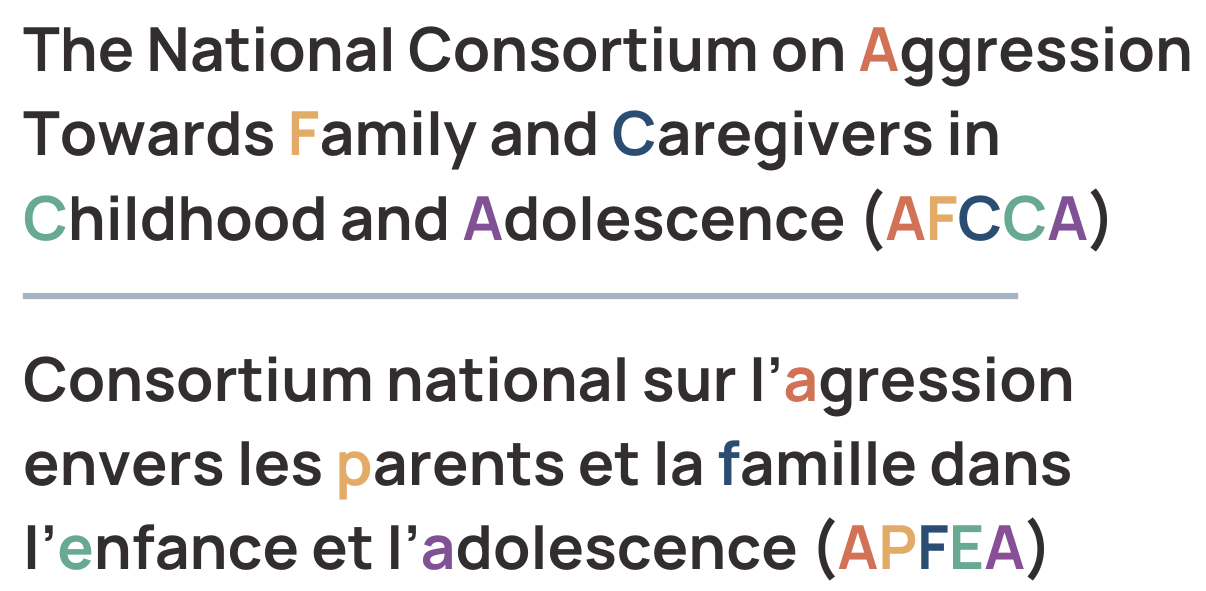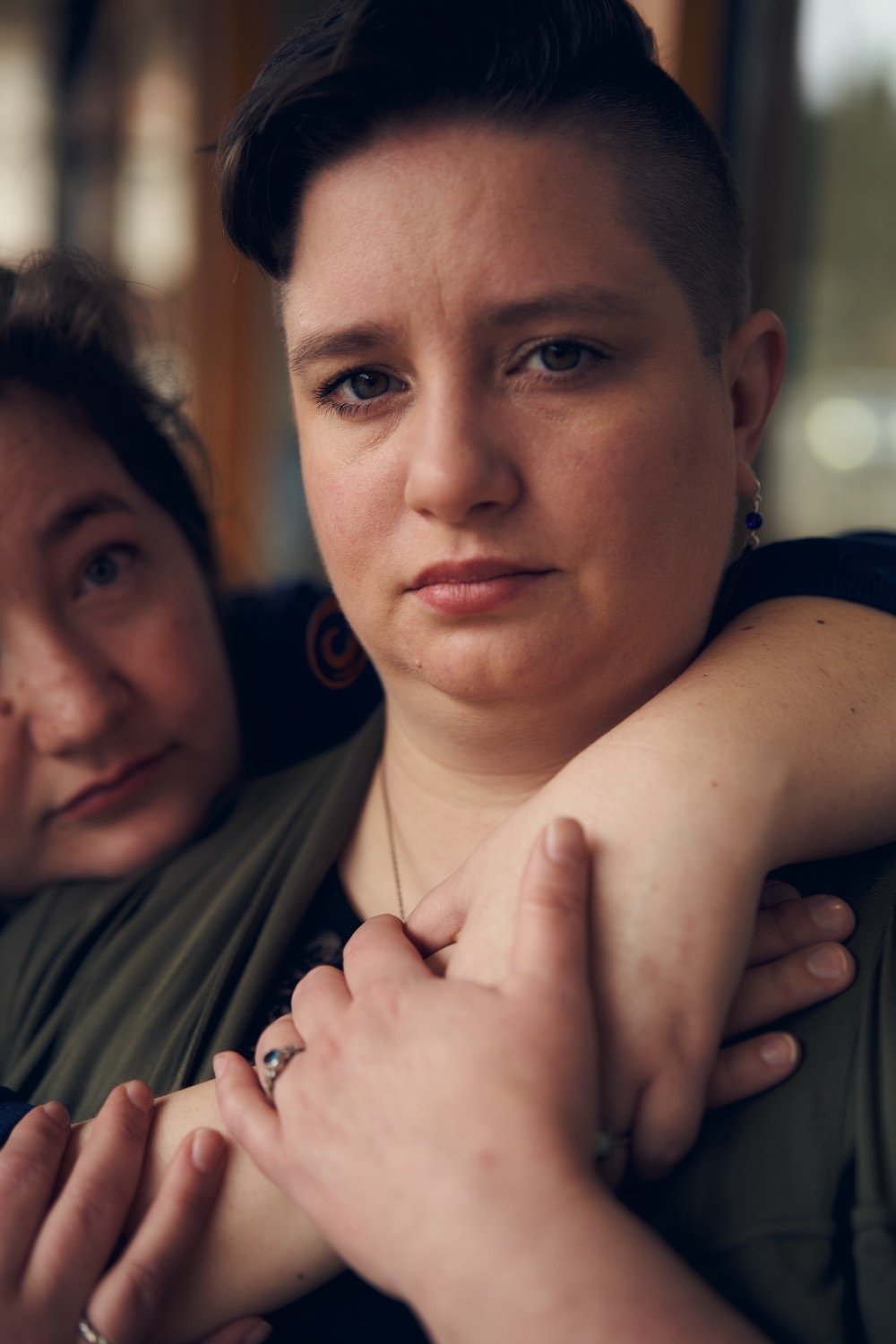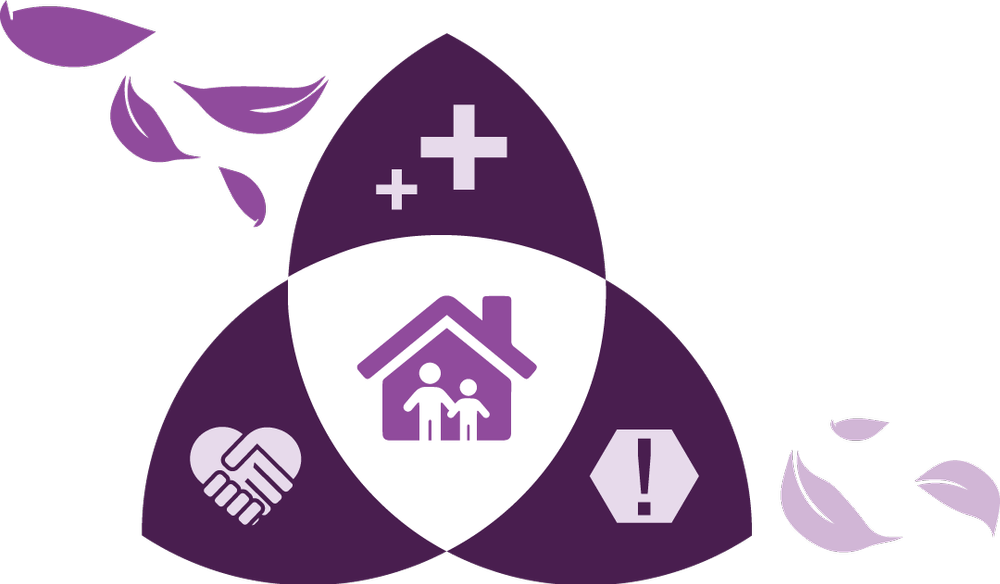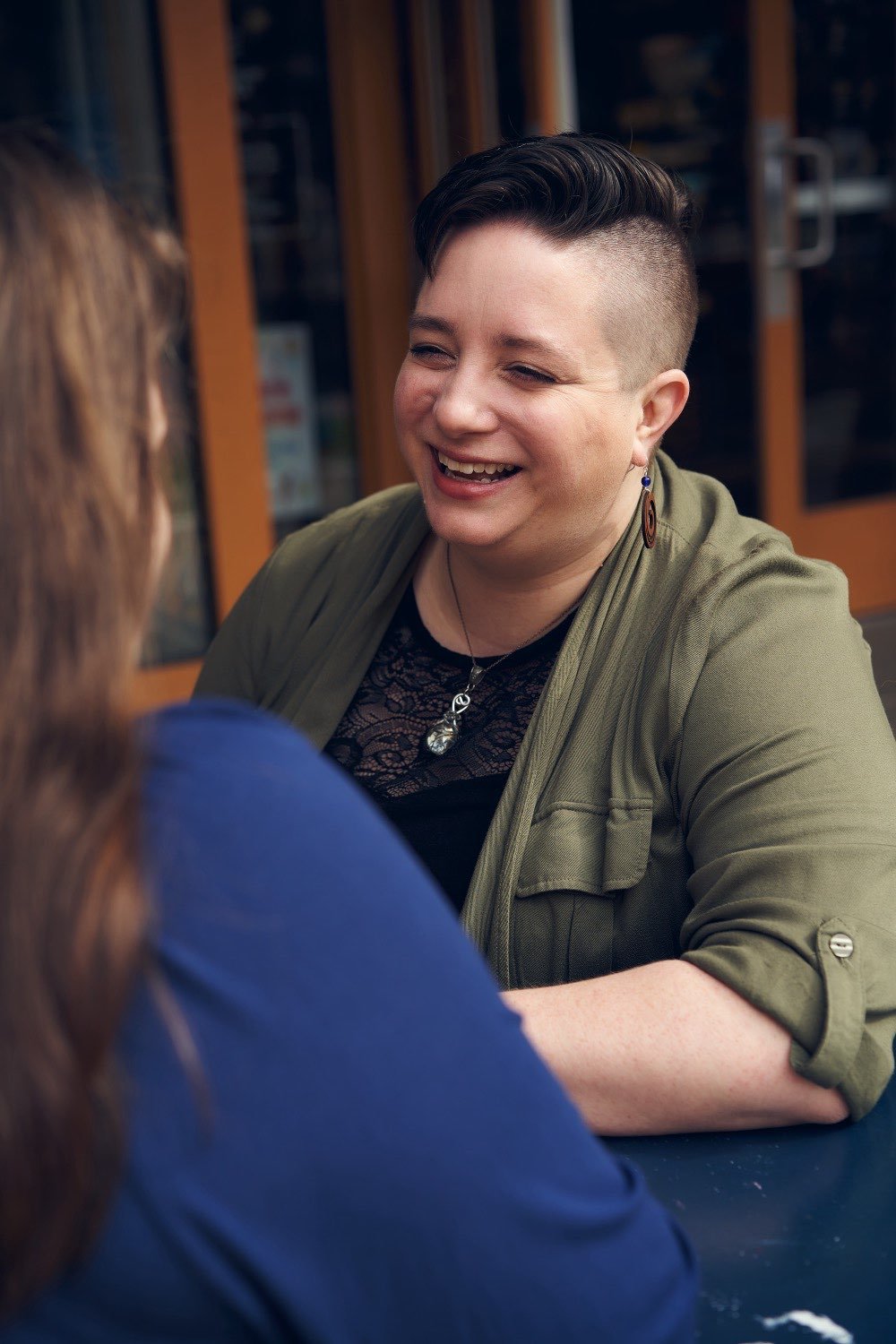
Content warning: This article contains descriptions of suicide, substance use and other traumas.
Individuals’ names have been changed in order to protect their privacy, or that of their child /adolescent.
paula & kylie's story
Kylie was already being physically aggressive at age four, when she was adopted. When she turned 14, she began “physically attacking me, threatening to kill me, and being violent to everyone within our home,” Paula shares. Kylie started substances to cope with her feelings and had several negative experiences with police and emergency services, who could not provide the right support even after multiple suicide attempts.
“They are stuck in the system and don't know what to do for these kids either,” says Paula.
AFCCA isolated the family and caused Paula and her partner Hikaru to develop stress related illnesses. Kylie’s behaviour strained relationships with other family members. Many advised them to “just kick her out,” not understanding that Kylie and the family needed support, not exclusion.
“No matter what she struggled with, whether it was mental health or addiction or anything else, nobody wants to touch young adolescents.” - Paula, Ontario
It was not safe to have Kylie in the house, and Kylie herself wanted to keep her family out of danger. But most residential placements had a two year waiting list. Kylie’s addiction issues worsened, but she never got the help she needed as access to the supports needed were so limited. Paula explains that “no matter what she struggled with, whether it was mental health or addiction or anything else, nobody wants to touch young adolescents.”
Joining the AFCCA Family Supports Program
In 2022, Paula joined Adopt4Life’s AFCCA Family Supports Program. She and Hikaru joined the Polyvagal Therapy group, to help ease their own anxiety, and Hikaru joined a group specifically for fathers. Kylie is now able to access appropriate support, including a short stay in a group home. Paula is grateful for the help they’ve received, which has eased some of their burden.
Paula feels strongly that there will be no tidy “happy ending” for her family, but she does have hope for the future. In spite of her struggles, Kylie perseveres. Paula is fiercely proud of her daughter’s resilience: “I admire her because I'm not sure how she keeps going.”
This story is shared with permission from National Consortium partner, Adopt4Life. Adopt4Life’s AFCCA Family Support program has developed 3 family stories that shed light on the experiences of families living with AFCCA. Paula’s family is experiencing a crisis level of AFCCA, meaning that they experience a severe situation where it is no longer safe for the child to live with their family members, at least on a short-term basis.
Most AFCCA families are going without the help they desperately need.
Paula’s story makes it clear how families experiencing AFCCA are falling through the cracks of our current support systems. Adopt4Life is aware of several hundred families who could benefit from the AFCCA Family Supports Program, but the funding is only available to support families who have gone through the public adoption process and are facing the most difficult crises. AFCCA is not exclusive to the adoption community.
Here’s what Paula wants Canadians to know about AFCCA:




